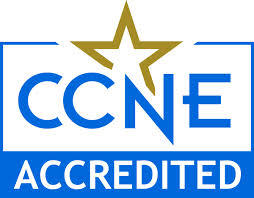
Advance your nursing career with Walsh University. Our MSN and Post-Master’s Certificate programs in Family Nurse Practitioner, Psychiatric Mental Health Nurse Practitioner, and Nurse Educator combine flexible learning with the personal support of our dedicated Byers School of Nursing faculty.

Family Nurse Practitioners, or FNPs, are highly educated advanced practice registered nurses who work autonomously or in collaboration with other healthcare professionals to deliver primary care to patients.

If you have a passion for nursing and a desire to mentor the next generation of nurses, the role of Nurse Educator (NE) may be for you.

Psychiatric Mental Health Nurse Practitioners, or PMHNPs, are in high demand, especially in states like Ohio that report a shortage of psychiatrists.
Master of Science in Nursing (MSN): Psychiatric Mental Health Nurse Practitioner

Designed for nurses and nurse administrators who already hold a master’s degree, our Post-Master’s Certificate programs provide specialized training to expand your expertise and advance your career.
Post-Master's Certificate: Nurse Educator
Post-Master's Certificate: Family Nurse Practitioner
Post-Master's Certificate: Psychiatric Mental Health Nurse Practitioner

The baccalaureate degree program in nursing, and master’s degree program in nursing at Walsh University are accredited by the Commission on Collegiate Nursing Education.